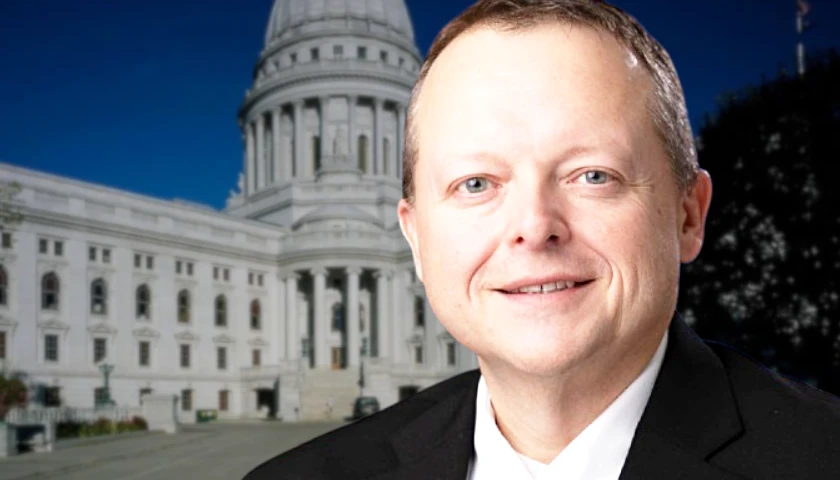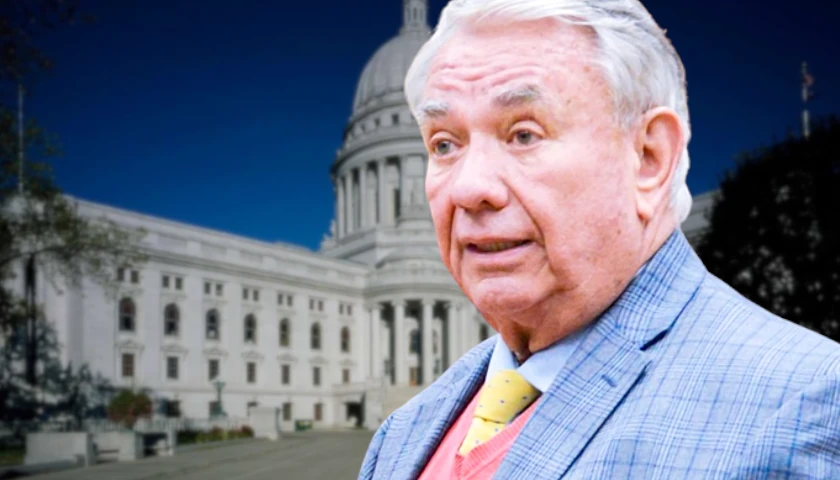by State Senator Chris Kapenga (R-Delafield)
Since being elected, I have become increasingly passionate about investigating ways government keeps people from reaching their full potential. As the former chair of the Senate Public Benefit Reform Committee, I became aware of many situations in which our current government benefit programs are doing just that. I took the opportunity to learn everything I could about our public benefits programs. What I found was that some well-intentioned programs might be unintentionally providing disincentives to succeed and ultimately contributing to the cycle of dependence in which many people are stuck.
Years ago, I embarked on a project to rethink the way we provide public assistance to ensure these programs are achieving the goals they set out to accomplish, which if you think about it, should be to eliminate the need for the programs themselves. I spent countless hours researching and meeting with experts on both sides of the aisle to learn more about these programs. I also toured welfare offices and job centers, speaking to both the people running the programs and the ones who use them.
All of this effort materialized in a package of bills aimed at reforming the way Wisconsin administers FoodShare, Medicaid, W-2, the earned income tax credit, and more. Many of the bills focused on helping participants connect to work opportunities. These bills passed and were all signed into law. While I am proud of this bill package, it was just the tip of the iceberg of our work.
Unfortunately, Governor Tony Evers defunded the job centers and work programs in a shortsighted move to eliminate the work requirements that Wisconsin had in place for over 20 years as well as some implemented by my legislation a few years ago. This action, paired with the impact of the federal emergency declaration, have held countless people back from discovering their true potential. I understand the desire to try to help people by making their lives as easy as possible; however, that exact sentiment is what leads these efforts to deviate from accomplishing their mission.
I firmly believe we need to do everything we can to connect people to work. And I’m not the only one. In the recent spring election, nearly 80 percent of voters on a statewide referendum question agreed that we should have work requirements for public benefits. Work is the only way someone will ever achieve prosperity and independence. Hard work and self-sufficiency is a driving source of purpose and confidence in a person’s life. In my view, public benefit programs are not just about keeping people afloat, they should be designed to set the participant up for success, not dependence.
A successful program should connect individuals to work, and help participants build meaningful job skills to never need government assistance again. This means making some changes that remove the marriage penalty, requiring active participation in work, streamlining all benefits to provide better synergy between programs, and more.
I think we can all agree that as long as someone is capable of work, we should do everything we can to connect them to work, especially if they are at a point where they need the assistance of a public benefit program. I will continue to do what I can and work to find areas of common ground with my colleagues across the aisle to help more Wisconsinites find purpose and independence through work, particularly those who are struggling and stuck in a cycle of poverty on social programs.
– – –
State Senator Chris Kapenga (R-Delafield) represents the 33rd Senate District, which covers most of central Waukesha County and Lake Country. He serves as the President of the Wisconsin Senate.





